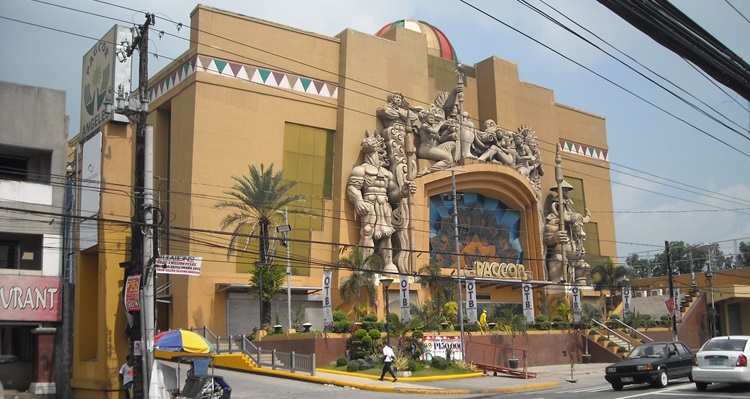In the Philippines, the government is reportedly confident that it will continue to earn revenues from the 46 casinos currently owned and operated by the Philippine Amusement and Gaming Corporation once these are offloaded from the state-run enterprise’s portfolio.
According to a report from the Manila Bulletin newspaper, Finance Secretary Carlos Dominguez stated that the government is set to receive additional tax revenues from the privatized venues while the Philippine Amusement and Gaming Corporation will be able to generate cash from selling off the licenses for its casinos.
“The revenue stream will still come to the government because [casino operators] have to pay taxes,” Dominguez told the newspaper on Friday. “We’re not saying that once you are privatized, you are not supposed to pay taxes anymore. Casinos pay a specific rate of tax and they [also] pay for the right to have a casino. Then they have to pay a certain percentage of their gross. So, the government will still earn the money.”
Following his inauguration as the nation’s 16th president a little over a year ago, Rodrigo Duterte reportedly instructed the Philippine Amusement and Gaming Corporation to begin selling off its casino estate in order to raise funds for the state and rid the enterprise of any possible conflict of interest concerns. The island country’s Privatization Council is currently studying how to price the venues and their associated licenses while Andrea Domingo, Chief Executive Officer for the Philippine Amusement and Gaming Corporation, recently told the Manila Bulletin that such a policy could end up costing national coffers approximately $474 million a year.
“We have to figure out how we can still retain [that amount] because the income of the Philippine Amusement and Gaming Corporation-owned and the Philippine Amusement and Gaming Corporation-operated casinos is $39.5 million a month or $474 million a year, [which is] equivalent to about 40% of our total gross revenues,” Domingo told the newspaper.
However, Dominguez reportedly declared that the Philippine Amusement and Gaming Corporation should be moved away from owning or operating casinos and instead be forced to concentrate on its role as the country’s gambling regulator.
“The Philippine Amusement and Gaming Corporation is a regulatory body [and] this is where you start getting confused between are you a regulatory body or are you a revenue-generating organization,” Dominguez told the Manila Bulletin. “Now, as a revenue-generating agency, the Philippine Amusement and Gaming Corporation is not an entity by itself [as] it is part of the government and generates revenues that go to the treasury. So, the Philippine Amusement and Gaming Corporation is just a revenue-generating organization but we think the more important is the regulatory function.”



